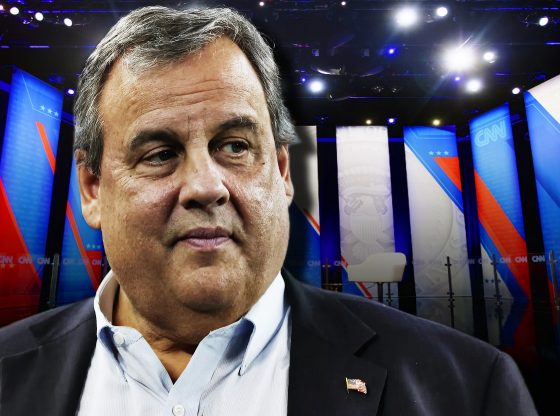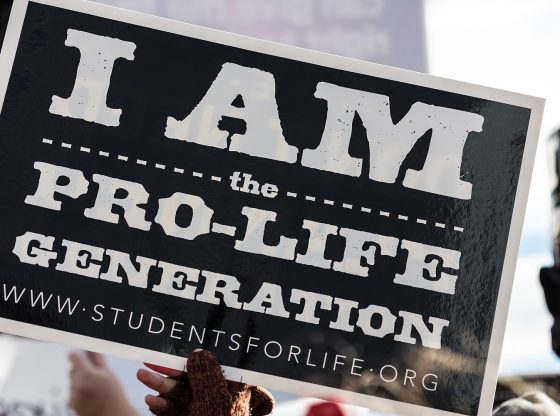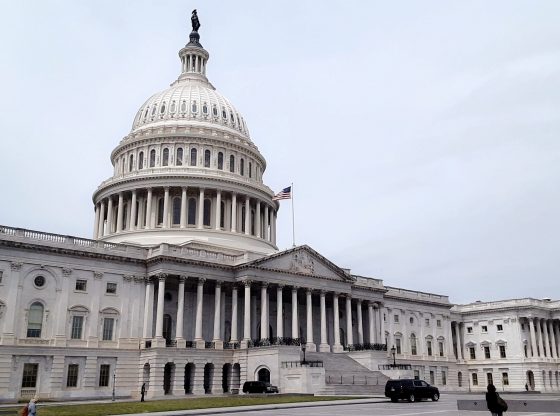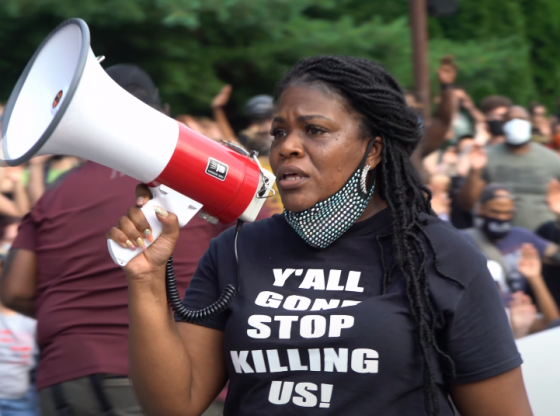Presidential candidate Chris Christie recently voiced his stance on abortion during a CNN town hall, presenting a perspective that has been criticized as soft on the issue. Christie’s cautious approach towards federal involvement drew attention when he was questioned about implementing a federal abortion ban if elected as president in 2024. He expressed the belief that the federal government should exercise restraint unless all 50 states unanimously agree—an outcome he is well aware is highly unlikely.
Christie aligned himself with a longstanding conservative argument that the Constitution does not establish a federal right to abortion, leaving the matter within the jurisdiction of individual states. According to his viewpoint, the complexity of abortion necessitates careful consideration, and state governments are better suited to represent the diverse beliefs and values of their constituents. By emphasizing the importance of state autonomy, Christie maintained that the Constitution does not explicitly address abortion, leaving room for states to independently shape their regulations.
However, critics argue that Christie’s position falls short. They contend that his approach exhibits a lack of conviction and a failure to address the moral implications of the issue. By advocating for state autonomy without offering a clear stance on protecting the lives of the unborn, Christie has faced opposition from those who believe that true leadership should uphold the moral standing of the country rather than merely deferring to states’ rights.
During Christie’s event, he stated:
“The federal government should not be involved unless and until there’s a consensus around the country from the 50 states making their own decisions about what it should be,” Christie said during the town hall. “And if at that time, there’s a consensus that has emerged, well then that’s fine.”
“What I stand for, Anderson is what conservatives have been arguing for for 50 years, which is that Roe [v. Wade] was wrong, there’s no federal constitutional right to an abortion and that the states should decide,” Christie told Cooper. “And I absolutely believe that each state should make their decision on this.”
Chris Christie says at a CNN town hall that he believes each state should decide its own abortion laws.
Asked whether he would sign a bill for a federal abortion ban as president if there was consensus, he said, "That's a lot of ifs in there." https://t.co/q5tmMi3pCk pic.twitter.com/RptBECmc8l
— CNN Politics (@CNNPolitics) June 13, 2023
In terms of negotiating on the matter of abortion, former President Donald Trump has expressed his willingness to engage in discussions aimed at finding a solution that is both morally sound and widely accepted by the country. Trump specifically attributed the ability of Pro-Life advocates to negotiate on abortion to the overturning of Roe v. Wade, a significant legal development that expanded the possibilities for altering abortion laws. However, it is worth noting that Trump’s stance on negotiation differs from that of Chris Christie, who advocates for a more Libertarian-like approach, an approach he often takes politically.
This places Christie at odds with both Trump and Ron DeSantis, who are currently outperforming him in the polls. In fact, DeSantis has gone as far as stating that he would consider supporting a six-week abortion ban, a considerably shorter timeframe than what most conservative-leaning states have implemented. The divergent views between Christie and the leading contenders in the polls highlight the contrasting positions within the pro-life movement regarding the appropriate approach to regulating abortion.
In his bid for the presidency, Chris Christie seems to be positioning himself as a contender against Donald Trump. However, his campaign has thus far failed to gain significant traction, reflected by his lack of progress in the polls. Christie’s approach to the issue of abortion, which some perceive as being more lenient, may not resonate well with Pro-Life advocates who seek stronger stances on the matter. This recurring position adopted by Christie has led to criticisms of his perceived lack of political principles or unwavering convictions. Some argue that his willingness to adapt his stance may portray him as indecisive or lacking a strong moral compass in the realm of politics.
Merely advocating for “let the states decide” as a response to the issue of the legality of ending unborn lives falls short of providing an adequate solution. A genuine leader must possess the fortitude to uphold the moral values that shape a nation, rather than evading the matter and perpetuating the status quo with minimal impact.








